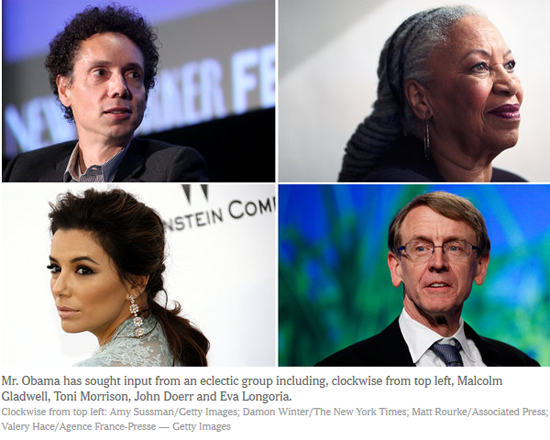We have learned a great deal about our former presidents from what they have done upon retirement. Democrats Jimmy Carter and Bill Clinton have committed themselves to addressing global issues and have used their presidential libraries as a valuable resource for the valuable work of their foundations. The libraries offer excellent learning experiences for the public in general, and special windows into the presidency for historians.
Republicans Richard Nixon, Ronald Reagan, George H.W. Bush, and George W. Bush have had libraries built in their honor, but none of them seems to have a mission much beyond painting their own presidencies in a positive light.
George W. Bush’s library was the most recent to be built, and it cost $300 million, residing on the campus of Southern Methodist University in Dallas. Two years after its completion in 2013, President Barack Obama began discussions on his presidential library, which will be located in a yet-to-be-determined site in or near his hometown of Chicago. We often think of Democrats as being more modest and cautious in the spending of money, particularly for items that do not have direct benefits to the needy and the middle class in our society. But initial estimates are that the Obama Library will cost in the neighborhood of $1 billion. This is a 233% increase over the previous presidential library. It reminds us of how Barack Obama raised $778 million for his presidential campaign in 2008, twice that of Republican John McCain, as well as Democrat John Kerry in 2004. In the process, Obama blew away the option of public funding, and this was all before Citizens United.
There are several important considerations with regard to the Obama presidential library:
- Do presidential libraries now serve the same purposes as they did following the administrations of Harry Truman and Dwight Eisenhower? Those edifices were built before the internet was available, before images could be digitized, before people were able to access most of the information that they wanted from the comfort of their homes or through the resources at their workplace.
- In what way will Barack Obama, after January 20, 2017, want to speak his mind more freely and live a comfortable life without the pomposity and restrictions of his White House years?
President Obama began discussions last February with friends and advisers about the presidential library. If his goal is moderation in the planning for the library, he has given no indication of such. If his goal is excess, as a $1 billion price tag would be, then his initial planning seems headed in that direction. Among the guests at the White House for that first planning meeting were hedge fund manager Marc Lasry and Silicon Valley venture capitalist John Doerr. In fairness, others in attendance included novelist Toni Morrison and writer Malcolm Gladwell. But why does a presidential library need to cost $1 billion? It doesn’t have to be stocked with stacks and stacks of books and other printed material, because most everything will be digitized. Yes, conference rooms for historians are important and perhaps an auditorium for special events. But can’t this be done for no more than the $300 million that was the cost for the library for our most recent former president?
Barack Obama is somewhat like the riddle, wrapped in a mystery, inside an enigma. Is he the community organizer who not only advocates for the poor, but who also is comfortable living with and socializing with those for whom he advocates? If not, is he the fund-raiser who cozies up to Wall Street tycoons and Hollywood glitterati? The true answer is that he is probably somewhere in between.
But once he leaves the presidency, he will be much freer to be the person he really wants to be, if there is such a person. He need not shill for money, although it appears, with the library, that he will continue to do so. He need not trim his sails in what he publicly says, because the risk is much less of offending conservatives, progressives,Tea Party members, socialists, capitalists, labor unions, environmentalists, America-firsters, or whatever.
As I have previously written, he will be free to offer his honest thoughts when he writes his memoirs.What he says wiill be very important. But how he frames what he says and does will also be important. A $1 billion presidential library sends a message that he is comfortable in the world of excess, perhaps somewhat like Donald Trump. Is that really how he wants to be regarded?

